One of the things Dorothy Sayers' writes in her essay "Why Work?", written during WWII in a period of scarcity and rationing, a crisis not totally unlike the economic crisis we currently face:
We have had to learn the bitter lesson that in all the world there are only two sources of real wealth: the fruit of the earth and the labor of men; and to estimate work not by the money it brings to the producer, but by the worth of the thing that is made.
The best way to understand "the thing that is made," according to Sayers, is to "serve it." She writes,
[The worker's] satisfaction comes, in the god-like manner, from looking upon what he has made and finding it very good. He is no longer bargaining with his work, but serving it. It is only when work has to be looked on as a means to gain that it becomes hateful; for then, instead of a friend, it becomes an enemy from whom tolls and contributions have to be extracted. What most of us demand from society is that we should always get out of it a little more than the value of the labor we give to it. By this process, we persuade ourselves that society is always in our debt - a coviction that not only piles up actual financial burdens, but leaves us with a grudge against society.
Further, Sayers writes,
The greatest insult which a commercial age has offered to the worker has been to rob him of all interest in the end product of the work and to force him to dedicate his life to making badly things which were not worth making.
Finally, describing how the damage a confusion of categories wreaks on society - in this case, a confusion of the right role of work in a person's life - is not mitigated by good - or even "holy" - intentions, Sayers comments,
No piety in the worker will compensate for work that is not true to itself; for any work that is untrue to its own technique is a living lie. [Emphasis mine.]
This applies to the artist's and writer's work, but also to the furniture maker's, the gardener's, the grocer's, the engineer's and the rest. But it seems especially relevant to this class, where we flirt with the idea of blurring categories. We tread carefully, therefore. A short and entertaining essay, entitled "Great Book, Bad Movie," which explores what happens when you don't tread carefully, can be read
here.




































































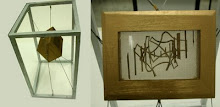


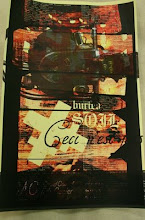
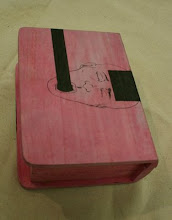
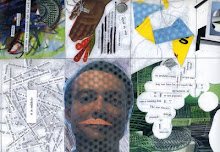
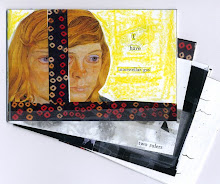
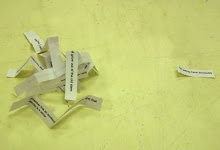
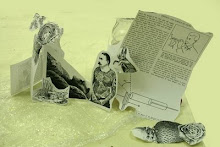

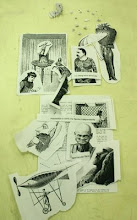
No comments:
Post a Comment